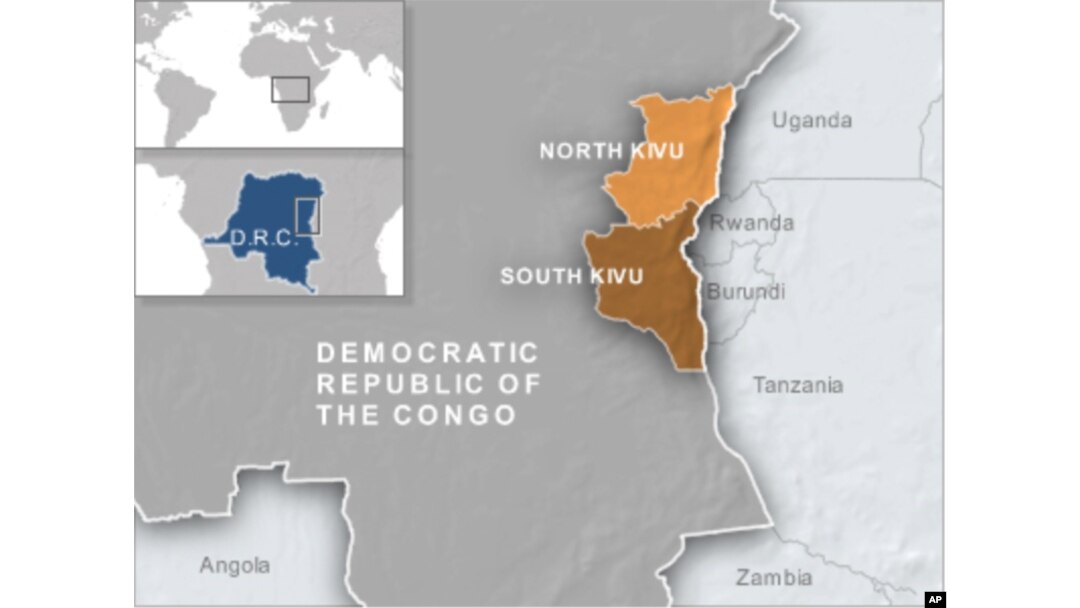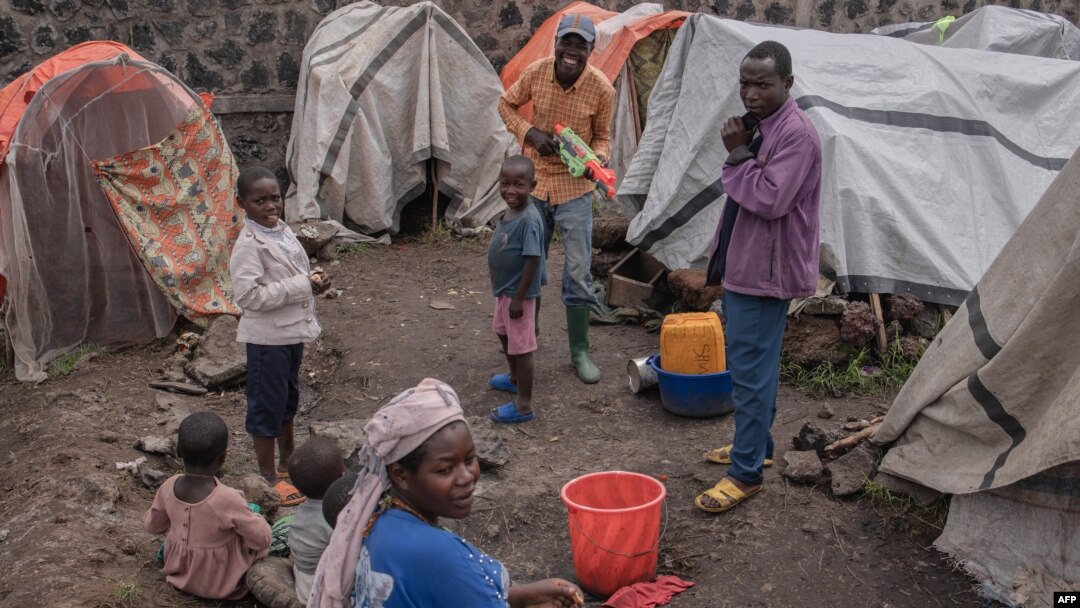The European Union on Saturday urged Rwanda to stop supporting the M23 rebel group, which has captured swaths of territory in the North Kivu province of neighboring Democratic Republic of Congo.
The DRC, along with the United States and several European countries, has repeatedly accused its smaller central African neighbor of backing the M23, although Kigali, Rwanda’s capital, denies the charge.
The Tutsi rebel group has in recent months advanced to within a few dozen kilometers of provincial capital Goma.
EU foreign policy chief Josep Borrell said Saturday that the European bloc had urged Rwanda to "stop supporting the M23 and use all means to press the M23 to comply with the decisions taken by the EAC (East African Community)" and at a November summit in Angola.
"It also firmly urges all states of the region to prevent the provision of any support to armed groups active in the DRC," Borrell said.
He called on Kinshasa to "take all measures necessary to protect the civilian population in its territory."
SEE ALSO: UN Experts Point to Rwandan Role in East DR Congo Rebel CrisisUnder heavy international pressure to disarm, M23 joined a ceremony last week to deliver the strategic town of Kibumba to an East African military force as a "goodwill gesture" for peace.
The EAC also said the group had to withdraw to the border between the DRC, Uganda and Rwanda.
However, the Congolese army promptly dubbed the Kibumba handover a "sham."
Borrell's comments came after a U.N. experts' report on DR Congo indicated it had collected proof of "direct intervention" by Rwandan defense forces inside DRC territory between at least November 2021 and last October.
The experts' report says Rwandan troops launched operations to reinforce the M23 against the mainly Hutu Democratic Forces for the Liberation of Rwanda (FDLR), notably by supplying weapons, ammunition and uniforms.
Kigali sees the FDLR as a threat that justifies interventions inside the DRC.
Rwanda has also accused the DRC, where presidential elections are scheduled for next December, of using the conflict for political purposes as well as fabricating a November massacre of at least 131 civilians.

Congolese Civilians Suffer Atrocities at IDP camps in North Kivu
A U.N. probe blamed those deaths on M23 rebels.
In a statement Saturday, Kinshasa welcomed the findings of the U.N. experts, which it said "put an end to the lies and manipulations" of Rwanda.
Given the gravity of the allegations, it called for the U.N. Security Council to examine the experts' report with a view to possible sanctions against Rwanda.
Meanwhile, Rwanda's President Paul Kagame blamed Kinshasa for the chaos in its war-torn eastern regions in his New Year’s address.
"After spending tens of billions of dollars on peacekeeping over the past two decades, the security situation in Eastern Congo is worse than ever," Kagame said in a statement Saturday.
"To explain this failure, some in the international community blame Rwanda, even though they know very well that the true responsibility lies primarily with the government of the DRC. It is high time that the unwarranted vilification of Rwanda stopped."


